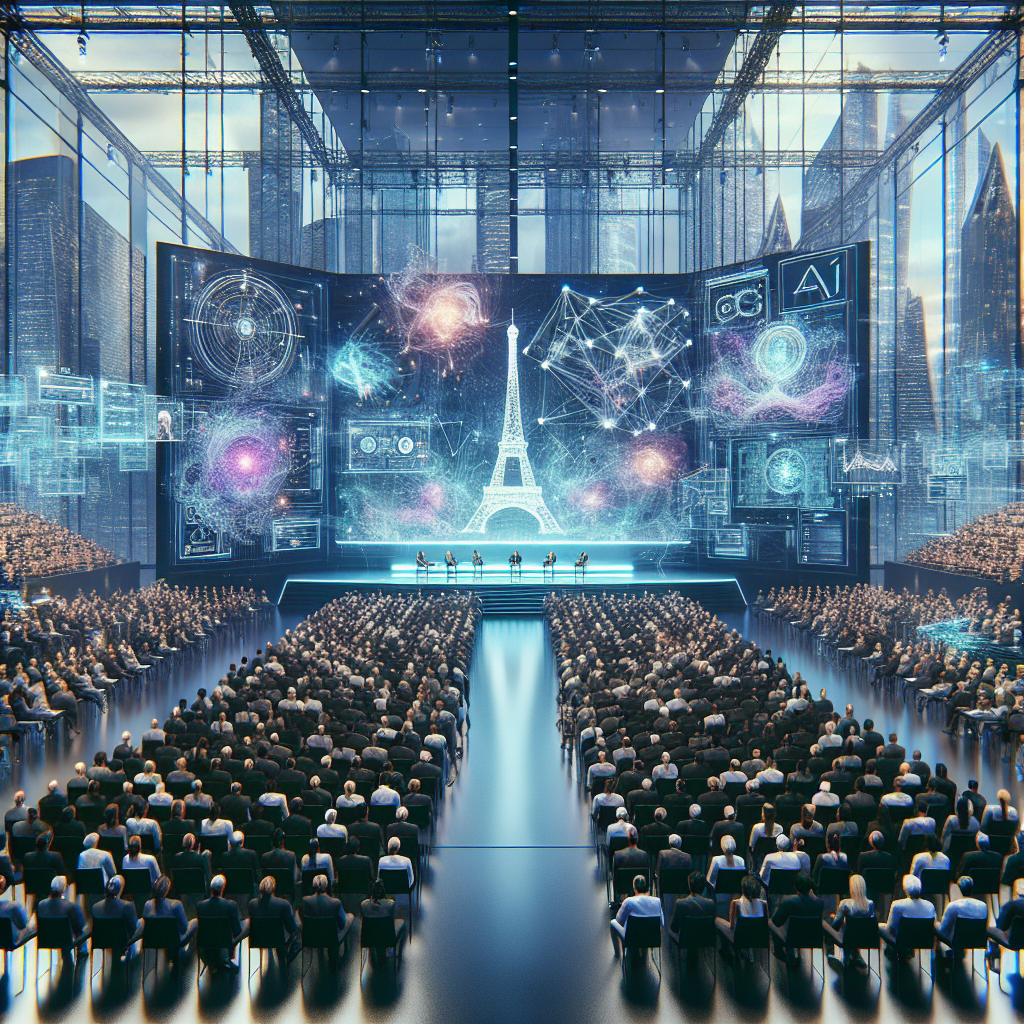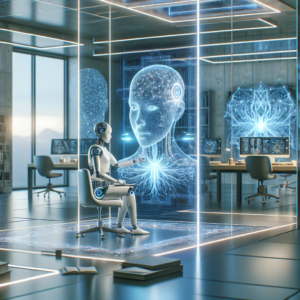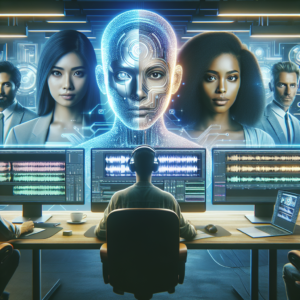5 Notes from the Big Paris A.I. Summit
The recent Paris A.I. Summit has captured global attention, showcasing the latest innovations, insights, and discussions surrounding artificial intelligence. As leaders from various sectors gathered to share their vision and advancements, several key themes emerged that will shape the future of A.I. Below, we delve into five critical notes from the summit that highlight the current landscape of A.I. technology and its potential implications on various industries.
A.I. for Global Good
One of the most profound discussions at the summit revolved around the idea of using A.I. for social impact. Leaders in the field emphasized the responsibility of developers and companies to harness A.I. in ways that benefit society at large.
Ethical considerations were at the forefront, with discussions on how A.I. can address pressing global challenges such as climate change, healthcare accessibility, and education. Initiatives that leverage A.I. technology to analyze environmental data or improve medical diagnostics were presented as prime examples of A.I. being utilized as a force for good.
Regulation and Governance
As A.I. continues to evolve, so does the conversation around regulation and governance. The summit highlighted the need for a comprehensive framework to manage the challenges posed by advanced A.I. systems.
Experts pointed out that without effective regulation, the potential risks of A.I., from privacy concerns to job displacement, could escalate. Several proposed measures include enhancing transparency in A.I. algorithms and ensuring accountability for A.I.-driven decisions. The call for collaborative efforts between governments, industry leaders, and academia was emphasized as essential to create guidelines that foster innovation while protecting public interests.
Collaboration Over Competition
Another key takeaway from the summit was the emphasis on collaboration in the A.I. space. The rapidly changing landscape of A.I. technology means that no single entity can navigate the complexities alone.
Leaders advocated for partnerships across industries, emphasizing that cross-sector collaboration could accelerate advancements and lead to more robust A.I. solutions. For instance, tech companies partnering with researchers in healthcare can lead to breakthroughs in patient care and treatment methodologies. The sharing of resources, knowledge, and data can lead to innovations that drive significant benefits across multiple sectors.
Human-A.I. Collaboration
The summit also focused on the evolving relationship between humans and A.I. As A.I. systems become more integrated into daily operations, understanding how to optimize human-A.I. collaboration is crucial.
Participants discussed the importance of designing A.I. systems that augment human capabilities rather than replace them. For instance, in creative fields, A.I. can assist artists by providing inspiration or helping with tedious tasks, allowing creatives to focus on their core work. This approach not only preserves jobs but also enhances productivity and innovation.
Training and education in A.I. technologies for the current workforce were highlighted as critical steps in ensuring a smooth transition into this new collaborative environment. Organizations are encouraged to invest in upskilling their employees to work alongside A.I. systems, ensuring a future-ready workforce.
The Future of A.I. Technology
Lastly, the summit offered a glimpse into the future of A.I. technology. With advancements in machine learning, natural language processing, and computer vision, the potential applications of A.I. seem limitless.
Innovations in A.I. are expected to revolutionize industries, from autonomous vehicles transforming transportation to A.I.-powered chatbots enhancing customer service experiences. However, participants urged caution, stressing that while the benefits are immense, the implications of deploying A.I. technologies must be thoroughly examined.
To prepare for the future, organizations are encouraged to stay informed about emerging A.I. trends and actively participate in discussions around ethical A.I. practices. By doing so, they can better navigate the complexities of integrating A.I. into their business models.
Conclusion
The Paris A.I. Summit has provided a vital platform for stakeholders to discuss the trajectory of A.I. and its role in shaping our society. From addressing global challenges through ethical A.I. applications to promoting collaboration, the insights gained at the summit are crucial for fostering a responsible and innovative A.I. landscape.
As we move forward, it is imperative that we prioritize ethical considerations, embrace collaboration, and prepare for the future of work in an A.I.-driven world. By doing so, we can ensure that the advancements in technology serve humanity positively, paving the way for a brighter, more sustainable future.
The discussions and insights from the summit are not just reflections of current trends; they are a call to action for all stakeholders involved in the A.I. ecosystem to work together towards a common goal – harnessing the power of A.I. to create a better world for everyone.



